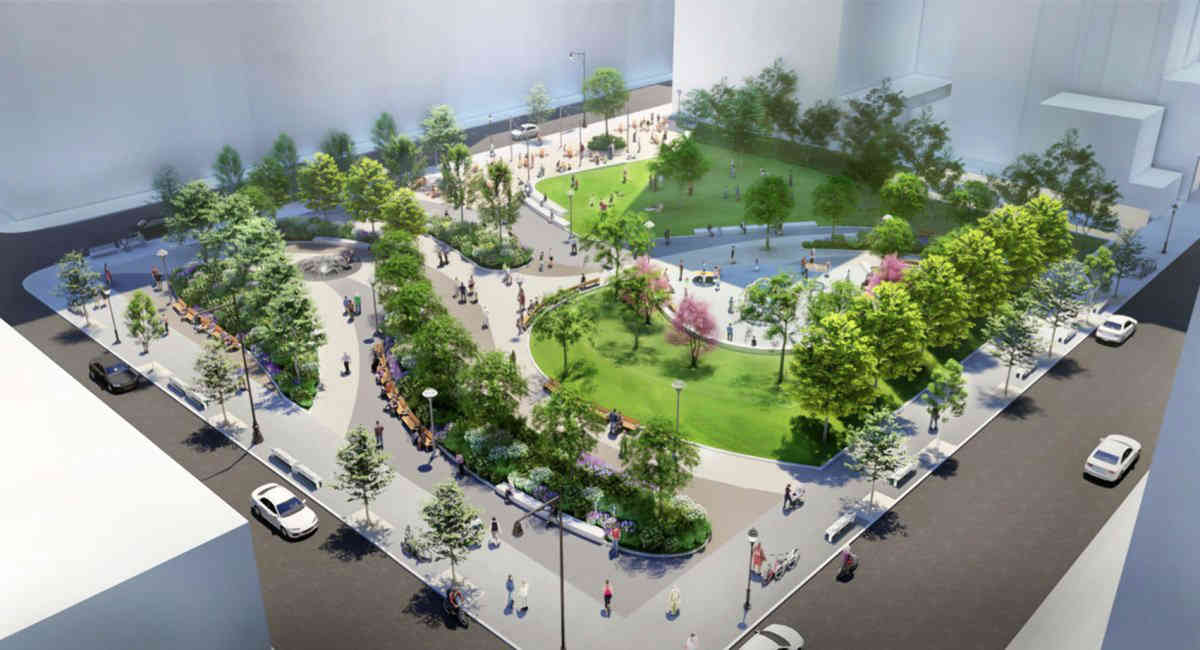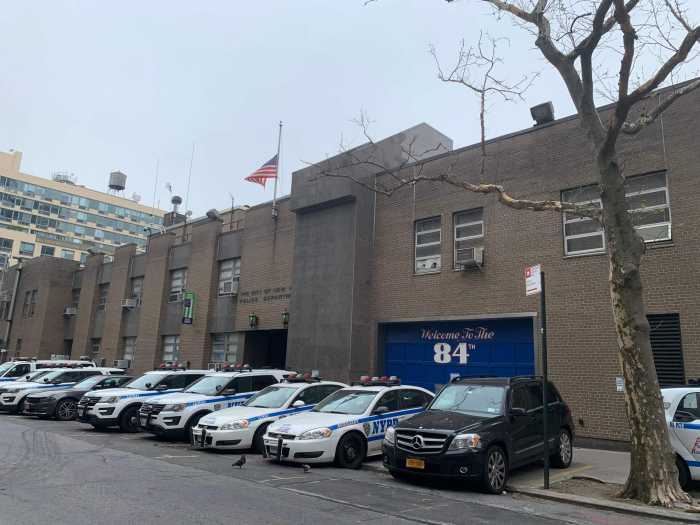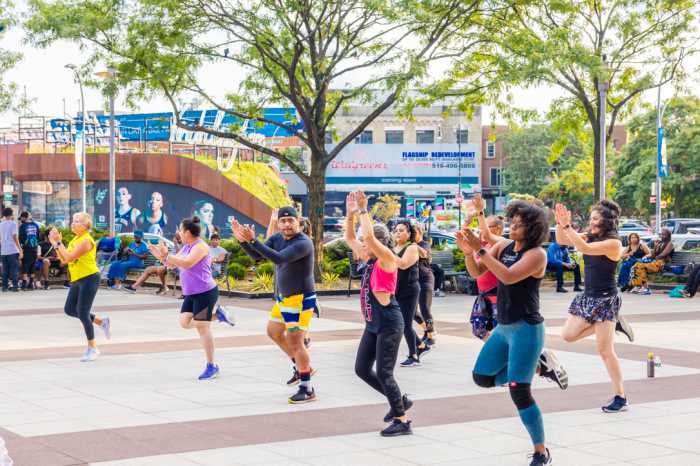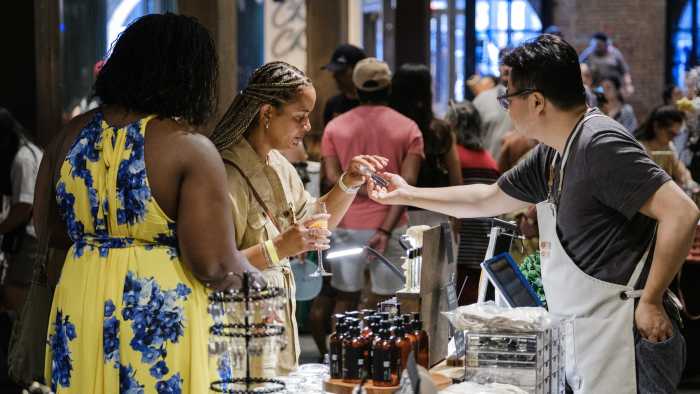This park’s name is history!
The city must rename Willoughby Square Park to “Abolitionist Place Park,” according to a local civic panel.
Community Board 2 passed a resolution to ask officials to rename the decades-in-the-works green space in a landslide vote of the full board on Oct. 7, in a symbolic nod to the neighborhood’s 19th century anti-slavery history, said one historian.
“It’s a tangible manifestation of a community’s respect and caring and honoring that history at that location,” said Harlem Historical Society head Jacob Morris, a longtime advocate for memorializing the area’s abolitionist past. “The community absolutely cares that the history of abolitionism located in that area of Brooklyn is important.”
Renaming city parks require approval by City Council, however, a spokeswoman for local councilman Stephen Levin (D—Downtown Brooklyn) did not respond to a request for comment whether he would champion the issue.
The city offered to build the park — now expected to open in September 2020 — as a concession in the wake of a 2004 rezoning that spurred rapid development throughout the Downtown area, but construction of the greenspace was stalled multiple times — most recently in a legal battle between the city and a former developer for the project.
The Economic Development Corporation — a quasi-public, pro-development city agency — originally planned to build the park with a high-tech subterranean garage for $80 million, but cut ties with the developer and scrapped the parking lot, choosing instead to fund the green space themselves at the more modest price of $15 million in January.
The developer — American Development Group — retaliated in May with a lawsuit against the city for improperly dropping them from the project.
In the meantime, the municipal business-booster installed a 15,000-square-foot “pop-up park” in July, which it plans to take back down ahead of the full park’s official grand opening.
The agency is currently zeroing in on a short list of design proposals for a permanent abolitionist-themed installation from artists — who are almost all either African-American or of African descent, according to the community board’s district manager Robert Perris.
The development agency will provide a $794,000 budget for the artwork, according to an emailed statement by Christian Ficara, a spokesman for the development corporation.
The community board’s push to honor the anti-slavery legacy is reminiscent of another recent episode involving a site with ties to abolitionist.
As part of the 2004 Downtown rezoning, the city tried to raze the former 227 Duffield St. home of abolitionists Thomas and Harriet Truesdell, which may have served escaped slaves as a stop along the Underground Railroad, but local advocates rallied and forced the city to back off its demolition scheme in 2007 — leading to then-mayor Michael Bloomberg to set aside $2 million for a commemoration project with exhibitions, walking tours, and a memorial.
The Bloomberg Administration earmarked the funds, including $388,000 for expenses and $1.6 million of capital money, Ficara said.
Of the $1.6 million, the city funneled $818,000 to exhibitions and projects related to that theme at Weeksville Heritage Center, and the Brooklyn Historical Society since then and the remaining $794,000 will fund the physical installation, according to the spokesman.
That year, the city also co-named the two-block stretch of Duffield Street between Willoughby and Fulton streets “Abolitionist Place.”
But the building is back under threat from the wrecking ball, after its owners reportedly filed demolition permits in June, according to Brownstoner.
The agency did not return multiple requests for comment on the park renaming proposal.

























